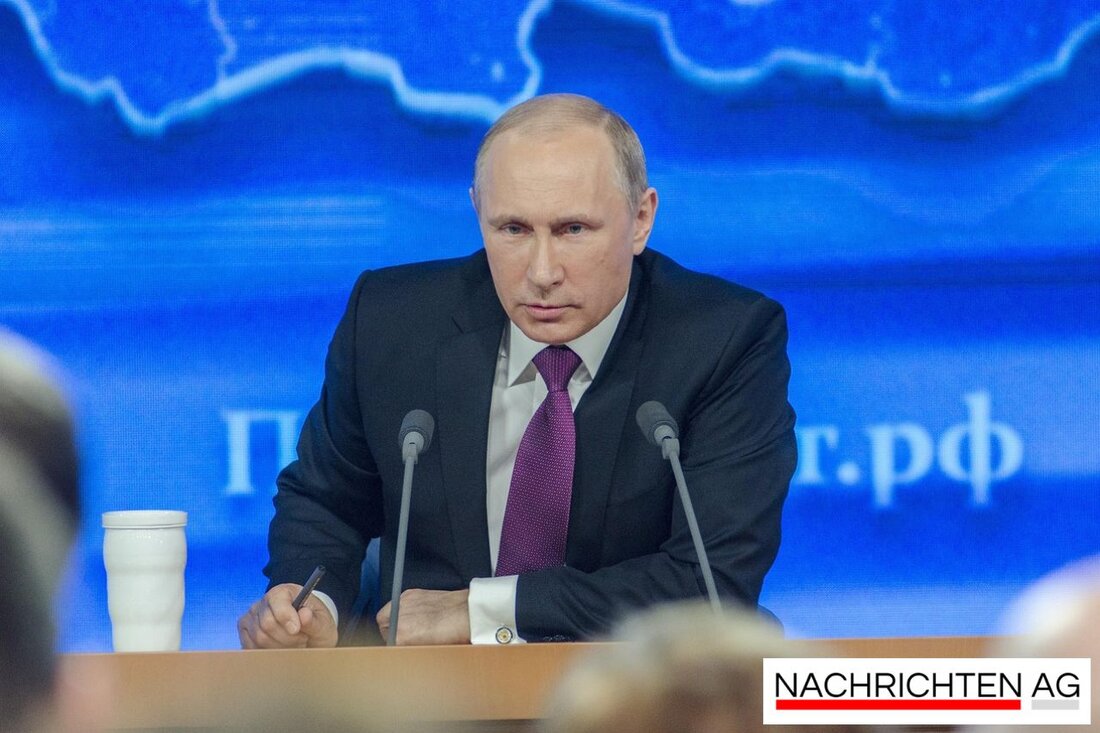Lithuania's President criticizes Merz: Sanctions against Russia?
Lithuania's President criticizes Merz: Sanctions against Russia?
Kiew, Ukraine - The Lithuanian President Gitanas Nauseda sharply criticized the unconquocated threats of sanctions by Federal Chancellor Friedrich Merz against Russia. During a visit to Kiev, Nauseda said that the threats had remained without consequences, which endangered the credibility of international support for Ukraine. Merz visited Kiev together a month ago with Emmanuel Macron, Keir Strander and Donald Tusk to show solidarity and to demand a 30-day unconditional ceasefire from Moscow. Otherwise, extensive sanctions were threatened. The deadline has now passed without Russia reacted, while the EU continues to discuss an 18th sanction package.
nauseda emphasizes that the restraint in the implementation of European punitive measures against Russia is problematic. He demands more comprehensive measures, in particular the inclusion of all energy companies that support the Russian state budget, including Nord Stream, Gazprom and Rosatom. He also proposes to exclude remaining Russian banks from the international payment system Swift. In this context, he also demands sanctions against the shadow fleet of Russia, which is responsible for the bypass of existing sanctions. Nauseda warns that Europe could be perceived as weak if no courageous decisions are made.
security concerns and Zelensky's appeal
The Lithuanian president shares the concern about the security risk for NATO, as he emphasizes that Russia could expand its ambitions beyond Ukraine. This underlines the urgency for a common and courageous appearance of the EU countries, especially in view of the geostrategic neighborhood of Lithuania to Russia's allied Belarus. The image of a united Europe could be damaged if the answer to Russia's aggression is perceived as inadequate.
The discussion about sanctions is not new: after Russia's attack on Ukraine in 2022, Baltic States and the Czech Republic urged Russia from the Swift payment system. However, progress was often slowed down by the EU. The United States was open to a Swift exclusion that European countries hesitated due to its trade relationships with Russia, especially Germany.
The pressure on the Russian economy
In order to put the Russian economy under pressure, the EU and the G7 states have put together several sanction packages, most recently a 16th package of measures, the export and import bans and the exclusion of Russian banks from the Swift system. These sanctions aim to increase the pressure on President Putin. However, the effect of these measures can be seen in the continued strong dependence on Russian gas and oil, despite an import ban for coal and oil from Russia, which is largely exported to China and India.
experts also pointed out that the effectiveness of the sanctions depends heavily on compliance. Due to various circumvention strategies, including the use of old oil tankers for oil transport to Europe, the desired goals of the sanctions could be undermined. The lack of technological innovations within Russia and the increasing living costs and inflation rates indicate that the sanctions are painful, but may not be sufficient to weaken Russia.
Overall, the situation remains tense, and the international community is needed to courageously and uniformly to act effectively against Russian aggression and the associated challenges.
| Details | |
|---|---|
| Ort | Kiew, Ukraine |
| Quellen | |


Kommentare (0)